Ludwig Mies’s Publications
Ludwig Mies van der Rohe believed that architecture should express
the spirit of its time through clarity, order, and simplicity. Guided by his famous maxim, *“Less is
more,”* Mies rejected ornamentation in favor of pure forms.
His Interviews
Ludwig Mies van der Rohe believed that architecture should express
the spirit of its time through clarity, order.
His Research
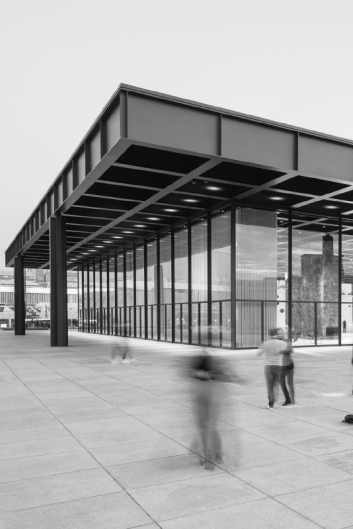
Research Name
Ludwig Mies van der Rohe believed that architecture should
express the spirit.
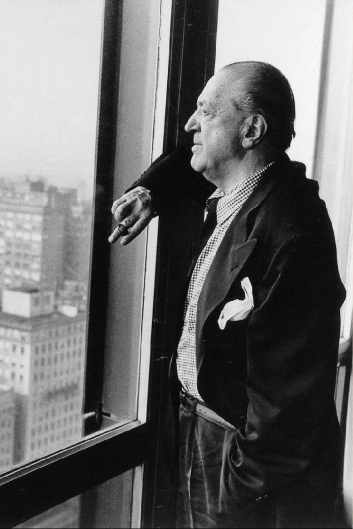
Research Name
Ludwig Mies van der Rohe believed that architecture should
express the spirit.
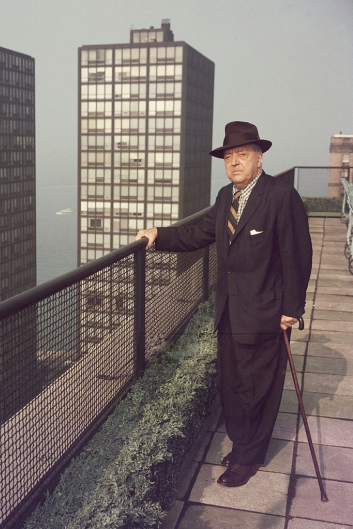
Research Name
Ludwig Mies van der Rohe believed that architecture should
express the spirit.
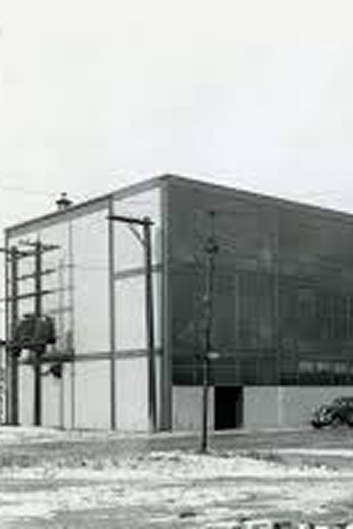
Research Name
Ludwig Mies van der Rohe believed that architecture should
express the spirit.
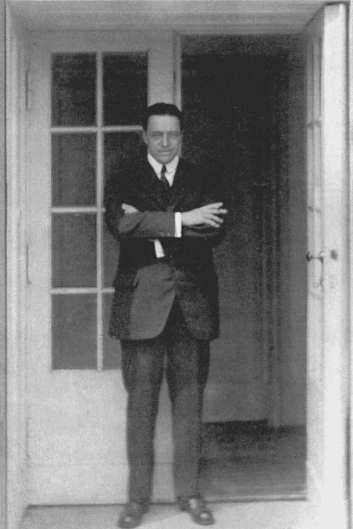
Research Name
Ludwig Mies van der Rohe believed that architecture should
express the spirit.
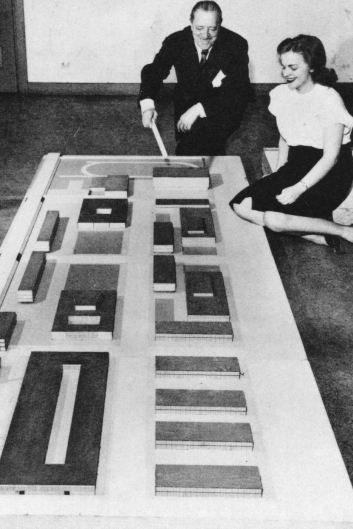
Research Name
Ludwig Mies van der Rohe believed that architecture should
express the spirit.
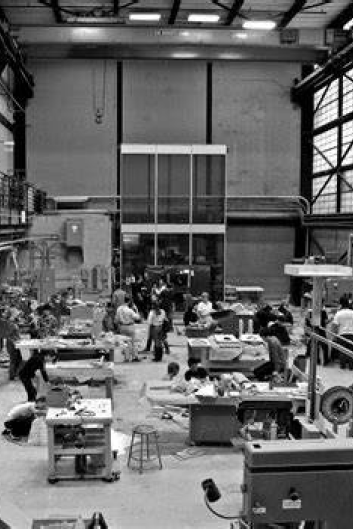
Research Name
Ludwig Mies van der Rohe believed that architecture should
express the spirit.
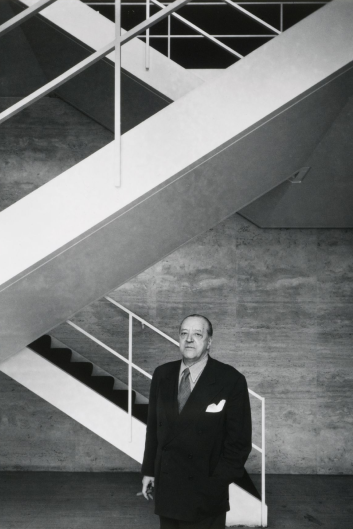
Research Name
Ludwig Mies van der Rohe believed that architecture should
express the spirit.
“Almost nothing.”
Ludwig Mies van der Rohe
Less is More
Mies believed that simplicity leads to clarity. By stripping architecture of unnecessary decoration, he revealed the pure essence of form, structure, and space. Minimalism, for him, was not emptiness — it was refinement.
Mies believed that simplicity leads to clarity. By stripping architecture of unnecessary decoration, he revealed the pure essence of form, structure, and space. Minimalism, for him, was not emptiness — it was refinement.
1
Honesty of Materials
He insisted that materials should be used in a way that expressed their true nature. Steel, glass, and concrete weren’t hidden — they were celebrated, meticulously crafted, and left exposed to communicate structure and integrity.
He insisted that materials should be used in a way that expressed their true nature. Steel, glass, and concrete weren’t hidden — they were celebrated, meticulously crafted, and left exposed to communicate structure and integrity.
2
Universal Space
Mies developed the idea of open, flexible interior spaces — free from clutter and rigid programming. His buildings are often designed as fluid environments that allow users to shape their own experience within them.
Mies developed the idea of open, flexible interior spaces — free from clutter and rigid programming. His buildings are often designed as fluid environments that allow users to shape their own experience within them.
3
Structural Clarity
Every beam, column, and joint was carefully considered. He treated the structure not just as a necessity, but as a visual and conceptual element. The frame wasn’t hidden — it became the architecture itself.
Every beam, column, and joint was carefully considered. He treated the structure not just as a necessity, but as a visual and conceptual element. The frame wasn’t hidden — it became the architecture itself.
4
Architectural Order
Mies sought perfection through geometry, symmetry, and proportion. His work reflects a deep commitment to architectural discipline — where every line, rhythm, and alignment serves a deliberate purpose.
Mies sought perfection through geometry, symmetry, and proportion. His work reflects a deep commitment to architectural discipline — where every line, rhythm, and alignment serves a deliberate purpose.
5
News and Articles
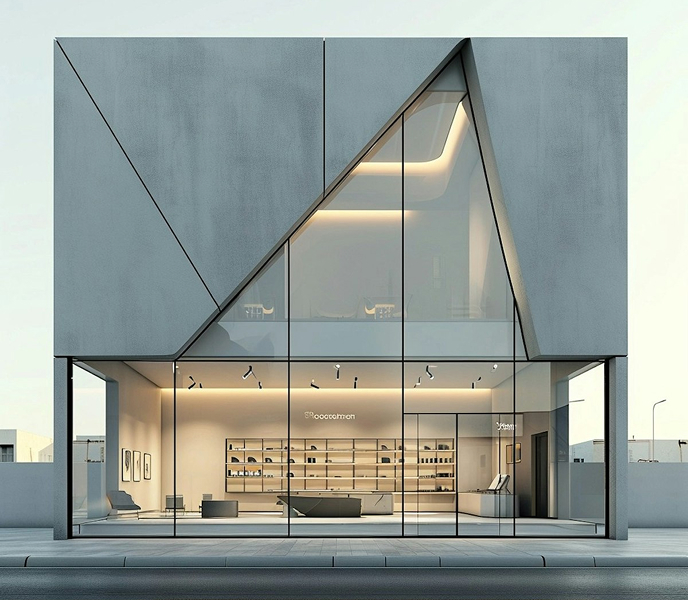
Lorem ipsum dolor sit amet, consectetur
adipiscing elit.
Article
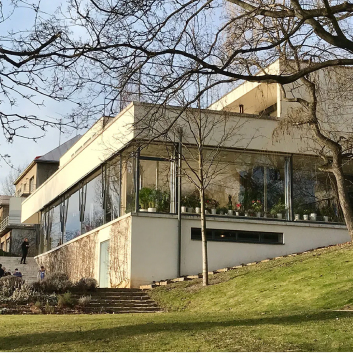
Lorem ipsum dolor sit amet, consectetur
adipiscing elit.
Article
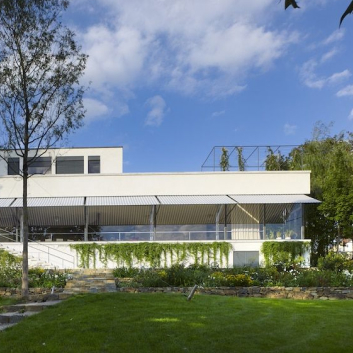
Lorem ipsum dolor sit amet, consectetur
adipiscing elit.
Blog
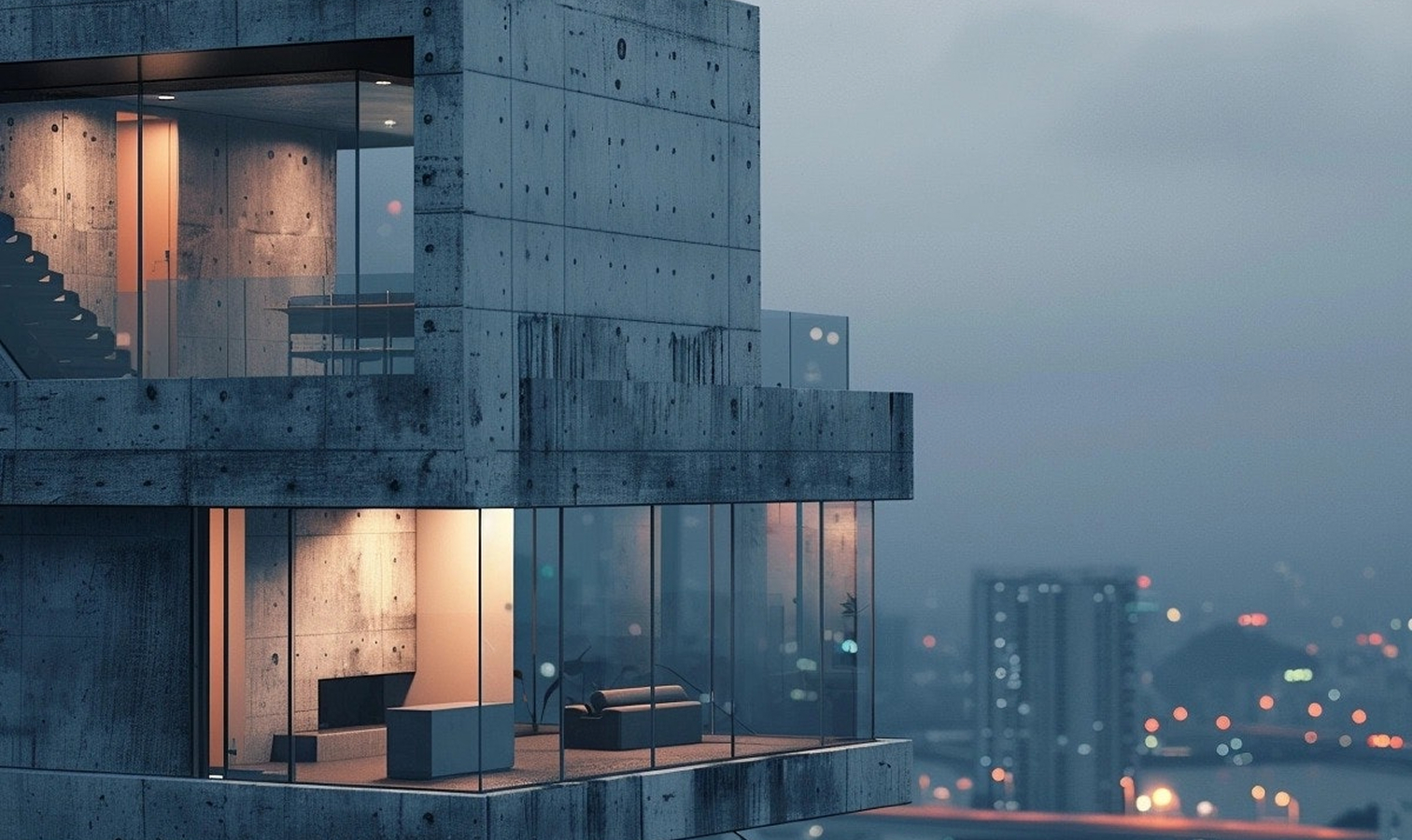
Lorem ipsum dolor sit amet, consectetur
adipiscing elit.
Article